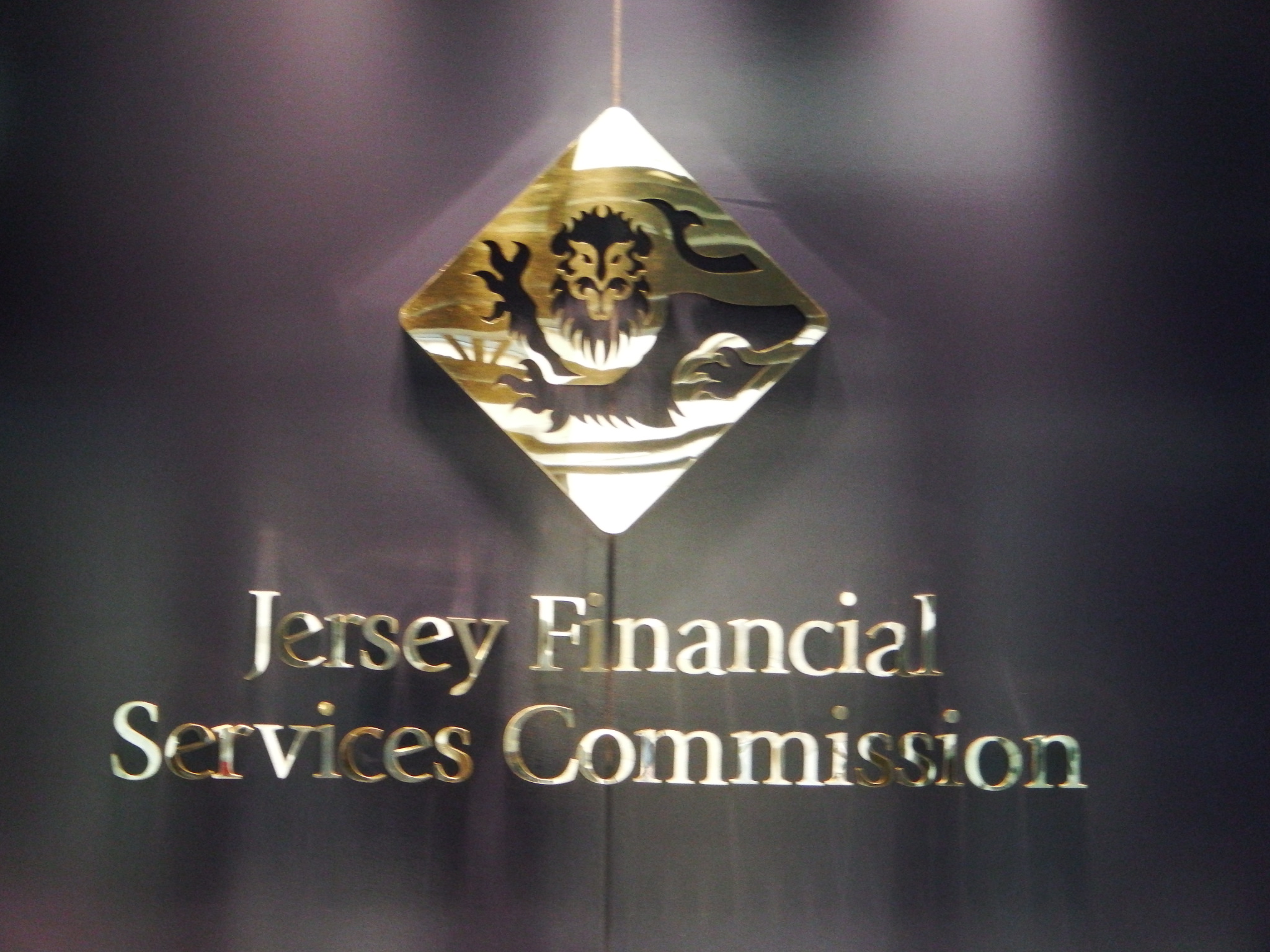

A Jersey trust company has been slapped with a £115,000 fine after failures in its processes left the island vulnerable to money-laundering and reputational damage – just five years after a high-profile censure from the regulator.
In a ruling handed down earlier this month, the Jersey Financial Services Commission (JFSC) found that Equity Trust had not met its obligations under the Code of Practice for Trust Company Business.
Its key criticisms were that the company failed to gather enough information about its customers and the sources of their wealth, as well as the company structures they were involved in.
Shortcomings were found in the identification and monitoring of ‘Politically Exposed Persons’ – customers in prominent public roles, putting them at higher risk of bribery and corruption.

Pictured: The firm was originally facing a fine double the size, but received a discount for settling early with the JFSC.
The ruling marks Equity Trust’s second brush with the financial regulator in half a decade.
Between 2007 and 2015, the company was locked in an acrimonious battle with the JFSC over a botched property scheme that saw around 900 UK investors lose around £35m.
The JFSC Director-General of the time, John Harris, said the affair damaged the island’s reputation as a finance centre.
Echoing those comments, the watchdog claimed that Equity Trust’s more recent failings “left the business open to the risk that it might be used to further financial crime”, hurting the finance sector’s “integrity and stability”.
However, the latest regulatory run-in appears to have been resolved in a quicker and more amicable manner, with the JFSC reducing its original £231,150 penalty by 50% due to Equity Trust’s willingness to settle at an early stage.
The failings were identified in internal reviews of its systems during 2019, which Equity Trust “openly and candidly” shared with the JFSC.
Further analysis by a reporting professional – who the JFSC asked Equity Trust to appoint – showed that the origins of the problems were “largely historic, and, in a number of instances can be traced back to books of business acquired by Equity over a period of years”.

Pictured: The JFSC said the failings in Equity Trust's processes could have led to financial crime and hurt the "integrity" of Jersey's largest sector.
In deciding what sanction to impose, the regulator described its previous clash with Equity Trust as an “aggravating factor”, as well as the fact its compliance officer was allowed to hold a customer-facing role, rather than being independent.
In mitigation, the JFSC noted the company’s prompt and voluntary admission about the issues, and cooperation in working to resolve them.
It added that the company’s board and parent company had agreed to put resources into strengthening processes, and that a training programme with a focus on the firm’s Anti-Money Laundering and Combating the Financing of Terrorism obligations is being devised and rolled out to all staff.
The ruling also pointed out that “no customer has suffered losses arising from Equity’s conduct”.
In the end, the JFSC fined Equity Trust £115,575.
The news comes less than a year after Sanne was given a £381,000 fine after a report uncovered “issues” in relation to conflicts of interest, compliance and staff training on money laundering and record-keeping.

Pictured: Sanne was fined in July by the JFSC.
Commenting on the judgments in a blog, Appleby Partner Mark Brady and Associate Daniel Healy said they believed the two cases to be “indicative of a new normal to be expected from the JFSC”.
“Given that the JFSC has stated that it is looking to build a track record of effective risk-based assessment ahead of Jersey’s next MoneyVal evaluation in 2021/2022, we would not be surprised to see further enforcement action in the upcoming 18 months,” they said.
They added that now would therefore be “a sensible time for businesses to review their compliance measures.”
Comments
Comments on this story express the views of the commentator only, not Bailiwick Publishing. We are unable to guarantee the accuracy of any of those comments.